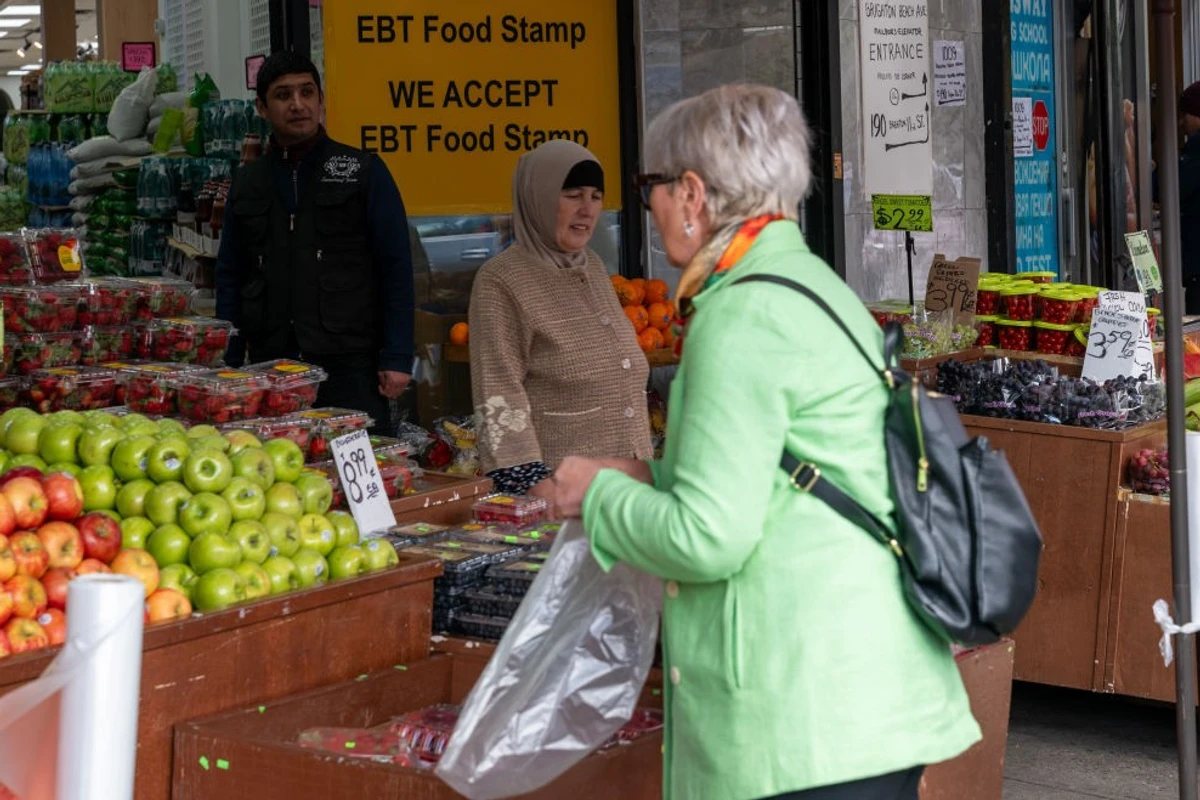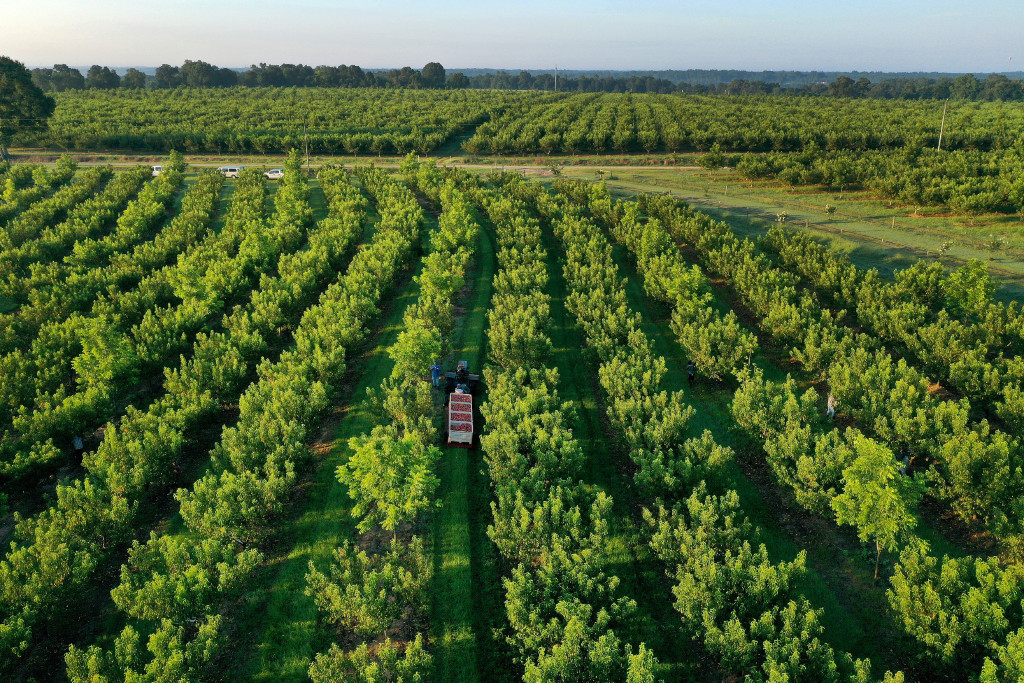Anti-hunger and environmental groups are against the GOP’s new Farm Bill draft because it cuts SNAP benefits, limits help for farmers, and reduces global food aid, urging instead for a bipartisan bill that supports needy families and protects the environment.
GOP’s 2024 Farm Bill Draft Faces Backlash Over Proposed SNAP Cuts and Environmental Impact
According to the published article on AlterNet, Anti-hunger and environmental groups are upset about a new draft of the Farm, Food, and National Security Act of 2024, released by U.S. House Committee on Agriculture Chair Glenn “GT” Thompson (R-Pa.). This Republican proposal, competing with a Democratic plan, has caused a lot of controversy. Critics like Rep. David Scott (D-Ga.) say the plan would cut funding for the Supplemental Nutrition Assistance Program (SNAP), limit help for farmers in crisis, and reduce money for climate-friendly farming practices, which could increase hunger and hurt jobs in many sectors.
Advocacy leaders are also worried about the impact on vulnerable people. Ty Jones-Cox from the Center on Budget and Policy Priorities said these cuts to SNAP would be the biggest since 1996, making it harder for millions to afford groceries. Kristin Rowe-Finkbeiner from MomsRising pointed out that families are already struggling with high food prices, and cutting SNAP benefits now would be harmful. She compared this with the Senate’s plan, which aims to protect and expand SNAP benefits for those who need them most.
READ ALSO: $7,500 EV Tax Credit: A Game-Changer For North Charleston Residents – Check It Now!

76% of Advocacy Groups Oppose GOP’s Farm Bill Cuts: Warning of 3 Million Hungry Families and Devastating Global Food Security Consequences! (PHOTO: Common Dreams)
Global Concerns Mount as GOP Farm Bill Draft Faces Criticism Over International Food Aid Cuts
Furthermore, there are also concerns about the global impact. Gina Cummings from Oxfam warned that the GOP bill would cut funding for international food aid, making it harder to fight hunger worldwide. Many groups, including the AFL-CIO, are calling for Congress to reject the Republican proposal. They want a Farm Bill that helps farmers, families, and rural communities without cutting important food and environmental programs.

















































